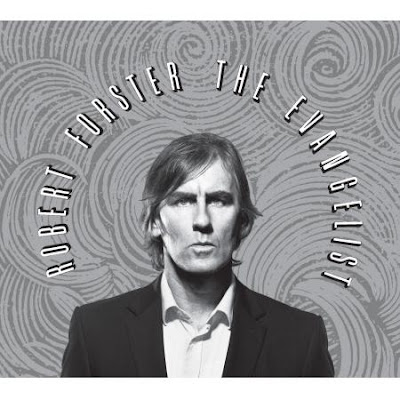
In anticipation of the 2nd Library of America (LOA) PKD volume, I've been reading the books that will be included. I've made my way through Flow My Tears, Scanner Darkly, Dr. Bloodmoney, and just today finished up Now Wait For Last Year (stay tuned for Martian Time Slip). I've said it before and I'll say it again that I would have preferred The Penultimate Truth or maybe even Clans of The Alphane Moon been included rather than Last Year.
I don't argue this to denigrate Last Year as I think it is certainly one of PKD's greatest achievements. I just see it as a little too derivative of The Three Stigmata of Palmer Eldritch and Ubik, both of which were contained in the first LOA volume. As in those fine novels, we have a drug (JJ-180) that transports the user through time. You go either forward, or backward, or side-ways, always to some parallel universe. I kind of think of these three, as well as Flow My Tears, as PKD's most Alice in Wonderland-ish novels. This is why I think Clans may have been a better choice, because it more thoroughly explores PKD's ideas on mental illness. At this point, at least in terms of LOA, we certainly have been exposed to enough of PKD's ideas about drugs.
However, Now Wait For Last Year does have special pertinence for our times in that it depicts a world in a constant war. But then, most of PKD novels do that. However, the novel also has great value as an early example of PKD exploring what Freud called the death drive, or "an urge inherent in all organic life to restore an earlier state of things"-- fancy words for suicide. In this way some of the final chapters of the book serve as a precursor to one of PKD's darkest novels; A Maze of Death, which also deals heavily with the human death instinct.
As in most PKD novels, Last Year deals with some deep existential questions, and as usual, the automobiles provide the answers. In my favorite scene, protagonist Eric Sweetscent is talking to the taxi-cab he's riding in...
"'If you were me, and your wife were sick, desperately so, with no hope of recovery, would you leave her? Or would you stay with her, even if you had travelled into the future and knew for an absolute certainty that the damage to her brain could never be reversed? And staying with her would mean--'
'I can see what you mean, sir," the cab broke in. "It would mean no other life for you beyond caring for her.'
'That's right,' Eric said.
'I'd stay with her,' the cab decided.
'Why?'
'Because,' the cab said, 'life is composed of reality configurations so constituted. To abandon her would be to say, I can't endure reality as such. I have to have uniquely special easier conditions.'
'I think I agree,' Eric said after a time. 'I think I will stay with her.'
'God bless you, sir,' the cab said. 'I can see that you are a good man.'"
This little excerpt allows me to bring some Albert Camus into the mix for the first time. This passage is reminiscent of his essay The Myth of Sisyphus, which explores humankind's search for meaning in the absurd. Camus illustrates this through the situation of Sisyphus, from Greek myth, who repeatedly and eternally pushed a rock up a mountain, whereupon it would roll back down so he would start all over again pushing it back up. Camus' lesson was that "[t]he struggle itself is enough to fill a man's heart. One must imagine Sisyphus happy." This is a theme that plays out in almost all of PKD's novels; his characters find some sort of happiness (or will to live), ultimately, in the absurdity of existence, in their struggles to understand reality; in PKD's case, multiple realities.
Whether it's included in some compilation or not, Now Wait For Last Year is a classic existentialist novel at heart, and therein lies its unique and ultimate value.
























